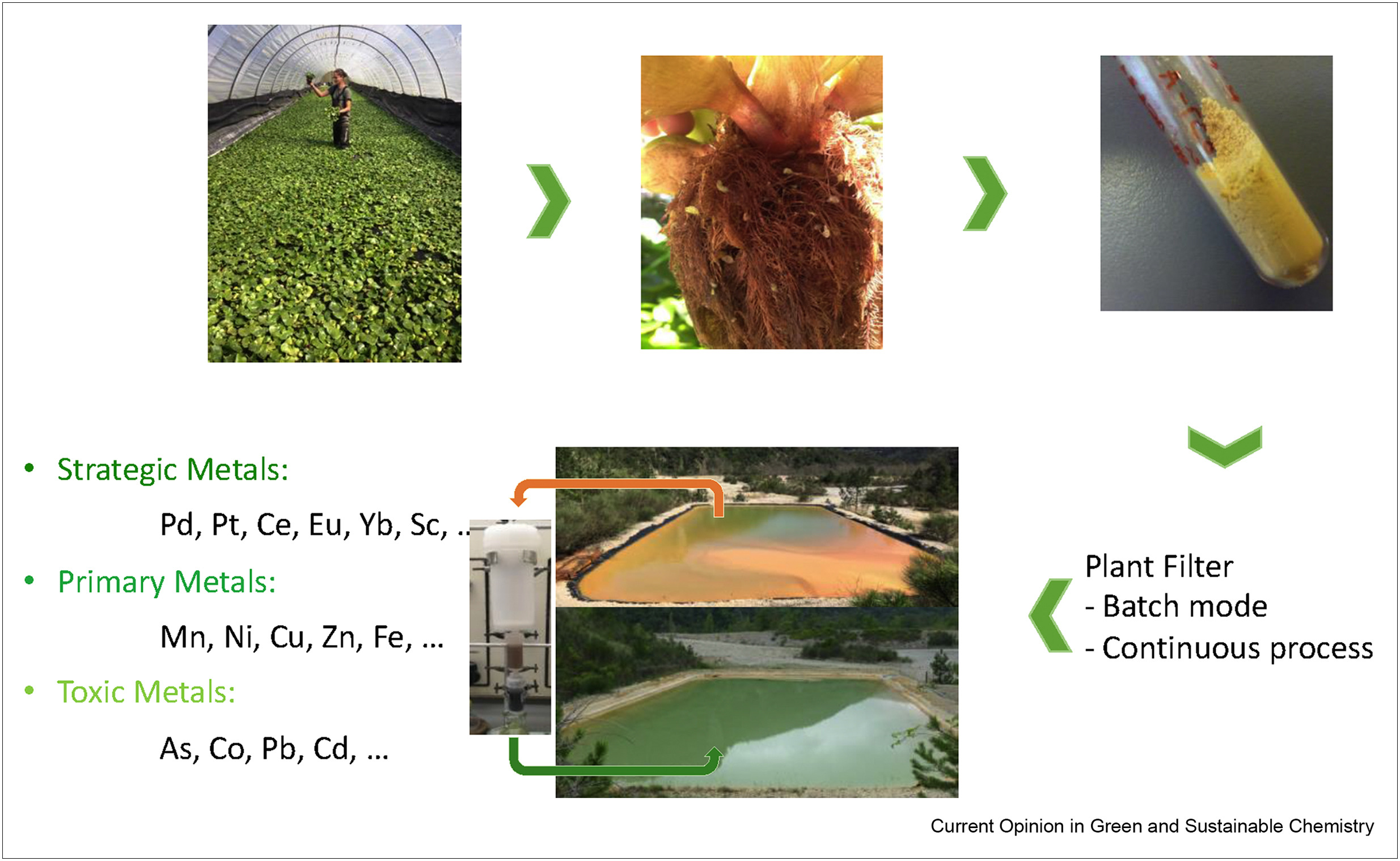Elsevier,
Nuclear Decommissioning Case Studies, Volume Two - Policies, Strategies, Planning and Knowledge Management, 2021, Pages 3-7
This book chapter advances SDG 7 and 11 by highlighting the concepts of policy, strategy, early and detailed planning, Life Cycle Management, and poor or good practices associated with nuclear decommissioning.
This book chapter advances SDGs 9, 13, and 15 by using several economic indicators of sustainable resource management to help answer questions such as what extent is it possible to know whether the available resources are being managed in a sustainable way? Could it be said that current generations are using the resources to meet their needs without compromising the ability of future generations to meet their own?
In 2021 RELX hosted an SDG Inspiration Day with a focus of Mobilising Business for a Better World: Accelerating Business Action on the SDGs. Watch videos of the speakers.
What is Imposter Syndrome, whom does it affect, and when, and why is it important to recognize? In this multidisciplinary article, the phenomenon is defined and discussed by a psychiatrist, followed by strategic advice by a radiologist, interventional radiologist and radiation oncologist.
Kidney disease continues to manifest stark racial inequities in the United States, revealing the entrenchment of racism and bias within multiple facets of society, including in our institutions, practices, norms, and beliefs. In this perspective, we synthesize theory and evidence to describe why an understanding of race and racism is integral to kidney care, providing examples of how kidney health disparities manifest interpersonal and structural racism.
The widespread consumption of electronic devices has made spent batteries an ongoing economic and ecological concern with a compound annual growth rate of up to 8% during 2018, and expected to reach between 18% and 30% to 2030. There is a lack of regulations for the proper storage and management of waste streams that enables their accumulation in open settings and the leakage of hazardous substances into the environment on landfill settings.
This review is dedicated to ecocatalysis, a concept developed by the Grison group aiming at combining ecology and green chemistry, which could be the vector of sustainable development based on the principle of circular economy. Within this objective, the Grison group has relied on using remediation phytotechnologies, such as phytoextraction, rhizofiltration, and biosorption. These solutions inspired by Nature generate a novel type of biomass, which has become a source of innovation in catalytic chemistry, called ecocatalysis.
The widespread consumption of electronic devices has made spent batteries an ongoing economic and ecological concern with a compound annual growth rate of up to 8% during 2018, and expected to reach between 18% and 30% to 2030. There is a lack of regulations for the proper storage and management of waste streams that enables their accumulation in open settings and the leakage of hazardous substances into the environment on landfill settings.
As future foods, cultured meat is produced by culturing animal cells ex vivo rather than raising and slaughtering animals. It is a promising way to address concerns about resource consumption, environmental pollution, public healthy that associated with conventional livestock production. In the past two years, dozens of cultured meat-related start-ups have been founded and millions of dollars have been raised, demonstrating the high business enthusiasm, broad market prospects and high profitability expected.
Background: Approximately 80% of the 463 million adults worldwide with diabetes live in low-income and middle-income countries (LMICs). A major obstacle to designing evidence-based policies to improve diabetes outcomes in LMICs is the scarce availability of nationally representative data on the current patterns of treatment coverage.


